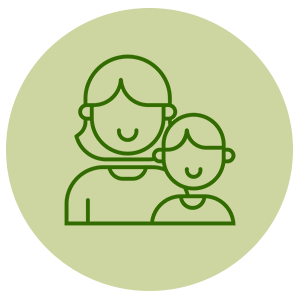At Beru, we are committed to providing a nurturing and inclusive environment where every child feels safe, valued, and a true sense of belonging. Our environment fosters a culture of curiosity, collaboration, and confident learning.
Rooted in the Beru Early Years Framework (BEYF) and inspired by the Reggio Emilia philosophy, our approach encourages children to learn through play, inquiry, exploration, and meaningful interactions. We believe children are capable, curious learners who thrive when given the freedom to explore their interests in a supportive and stimulating environment.
Developed in collaboration with a leading expert in early childhood curriculum, our holistic programme equips children with essential academic foundations and social-emotional skills.
Our curriculum framework plays a central role in shaping our teaching and learning practices. It guides us in planning, implementing, and evaluating rich, responsive experiences that support each child’s individual growth. It also helps educators extend learning through intentional teaching moments and everyday encounters.
To ensure our early years curriculum remains responsive and effective, we follow a continuous cycle of observation, planning, documentation, and assessment. This reflective process allows us to adapt and tailor learning experiences to meet the unique needs, interests, and developmental stages of every child.
The BEYF sets out seven important inter-connected areas of learning. Of these, three are Prime areas crucial for building children’s capacity to learn, form relationships and thrive in their environment. These three prime areas form the foundation for the remaining four specific areas of learning.

We need to give the children full rights of citizenship in life and in society. It’s necessary that we believe that the child is very intelligent, that the child is strong and beautiful and has very ambitious desires and requests. This is the image of the child that we need to hold.– Loris Malaguzzi




